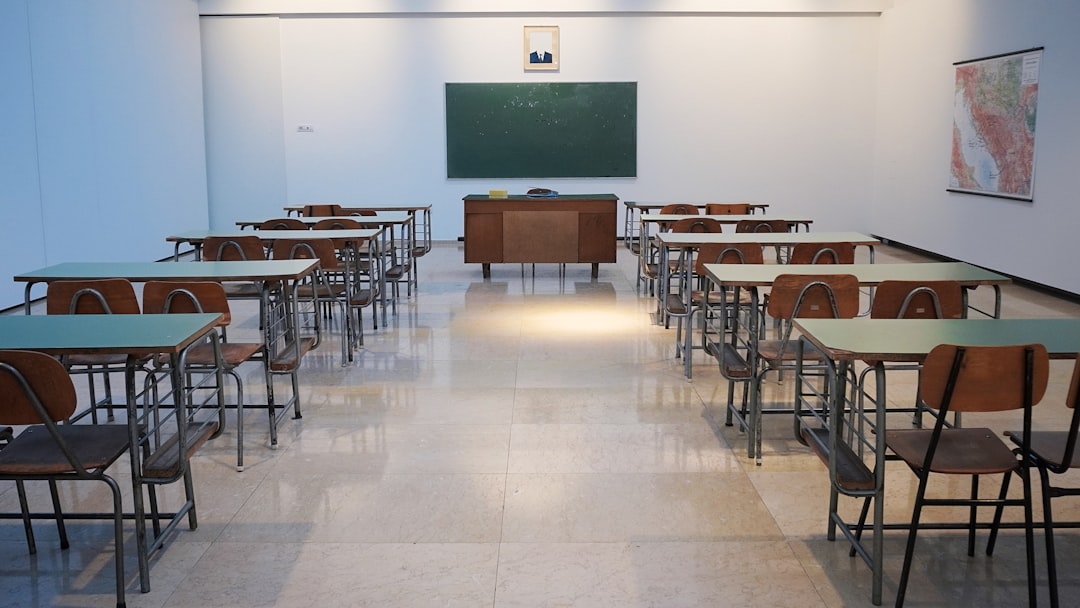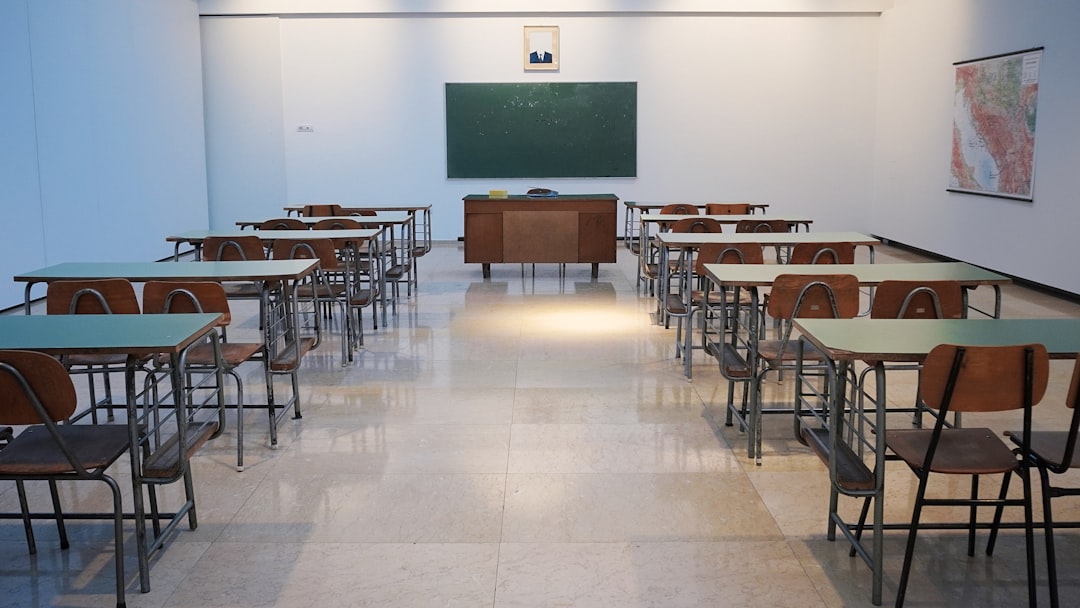In Georgia, hazing and assault are strictly criminal offenses, with hazing defined as causing or threatening physical/psychological harm and assault involving unlawful touching without consent. Hazing abuse lawyers play a vital role in advocating for victims, offering guidance, navigating the legal system, and pursuing justice through criminal charges and civil damages. To address hazing effectively, educational institutions must implement anti-hazing policies, leader training, workshops, support groups, counseling services, and community outreach programs, collaborating with legal experts to foster respect and provide resources.
In Georgia, hazing and assault remain persistent issues, particularly within social organizations and schools. Understanding the state’s laws against these acts is crucial in holding perpetrators accountable. A Georgia hazing abuse lawyer plays a vital role in navigating complex legal landscapes, providing justice for victims, and ensuring compliance with regulations. This article explores Georgia’s legal framework regarding hazing and assault, highlights the expertise of local attorneys, and offers preventative measures and resources to combat these problems effectively.
Understanding Hazing and Assault Laws in Georgia

In Georgia, hazing and assault are taken seriously under state laws. Hazing, often associated with student organizations or military-related settings, involves any act that causes or threatens physical harm or creates a substantial risk of serious physical harm. This includes psychological harm, as well. Assault, on the other hand, occurs when someone intentionally and unlawfully touches or attempts to touch another person without their consent.
Understanding these laws is crucial for anyone in Georgia, especially students and organizers, to prevent and address hazing abuse. If you or someone you know has been a victim of hazing or assault, it’s important to connect with experienced hazing abuse lawyers in Georgia who can provide guidance and advocate for justice. They can help navigate the legal system and ensure that rights are protected.
The Role of a Georgia Attorney in Handling Hazing Cases

In Georgia, where hazing and assault cases can have severe legal and personal consequences, the role of a specialized hazing abuse lawyer is invaluable. These attorneys are equipped to navigate complex legal landscapes and advocate for victims who have suffered at the hands of hazing incidents, whether in schools, colleges, or other organizational settings. They provide crucial guidance on rights, options, and potential legal actions, ensuring that victims receive justice and support during what can be a traumatic experience.
A Georgia hazing abuse lawyer investigates incidents, collects evidence, interviews witnesses, and collaborates with experts to build strong cases against perpetrators. Their expertise in state laws pertaining to hazing and assault is instrumental in securing favorable outcomes, including criminal charges, civil damages, and policy changes that aim to prevent future occurrences of such abusive behaviors. They offer a dedicated and compassionate approach, empowering victims to take control and stand up against hazing abuse.
Preventative Measures and Resources for Addressing Hazing Issues

Preventative Measures and Resources for Addressing Hazing Issues in Georgia
In Georgia, where hazing abuse lawyers play a pivotal role in holding accountable those who perpetuate harmful practices, addressing hazing issues requires a multi-faceted approach. Educational institutions must implement robust preventative measures to foster a culture of respect and understanding among students. This includes comprehensive anti-hazing policies, mandatory training programs for student leaders, and regular workshops on the recognition and reporting of hazing activities.
Resources such as support groups, counseling services, and community outreach programs are crucial in assisting victims of hazing abuse and promoting awareness. Georgia attorney advocates actively collaborate with these initiatives to ensure that victims have access to justice and that perpetrators face the consequences for their actions. By combining legal expertise with preventative measures and resources, there is a stronger chance of eradicating hazing abuse within academic environments.






